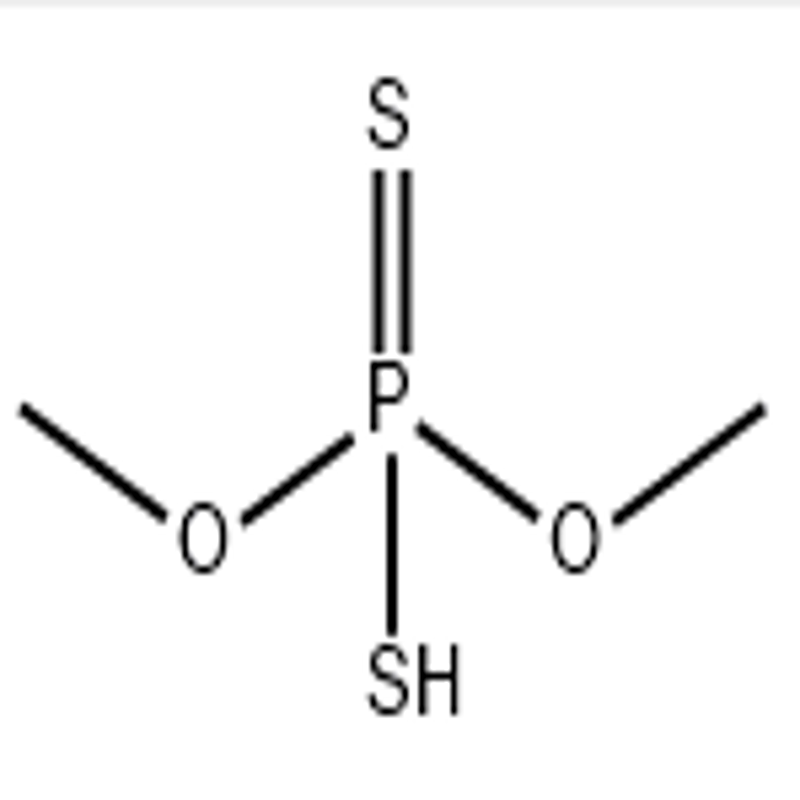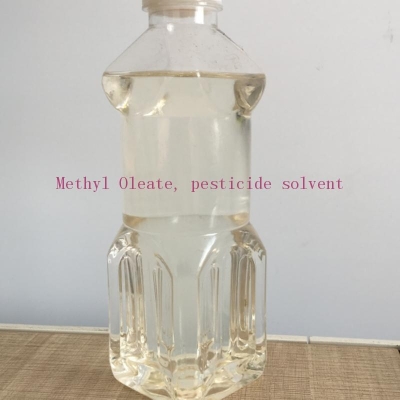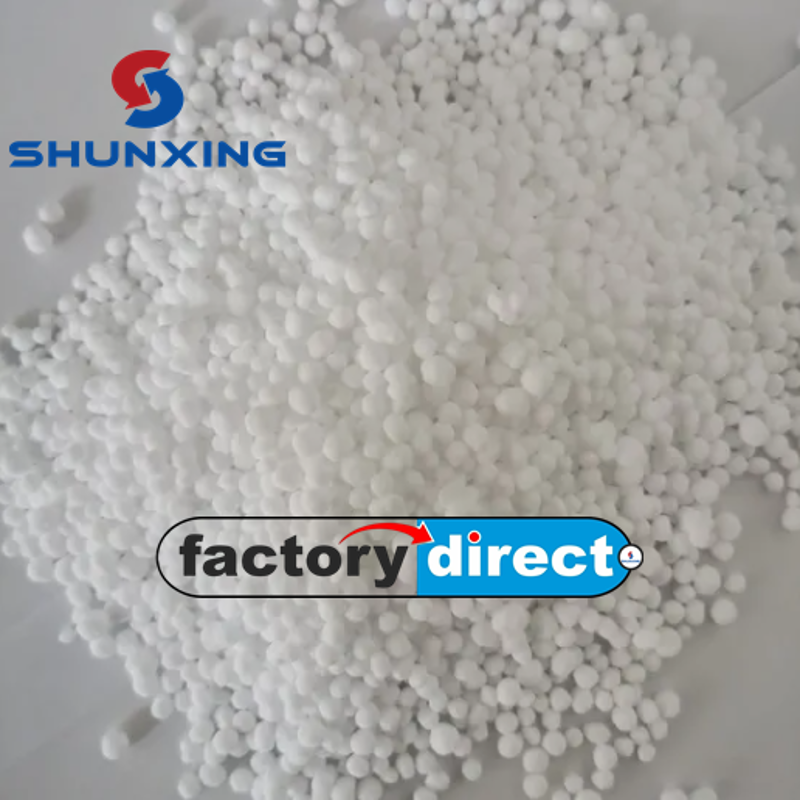-
Categories
-
Pharmaceutical Intermediates
-
Active Pharmaceutical Ingredients
-
Food Additives
- Industrial Coatings
- Agrochemicals
- Dyes and Pigments
- Surfactant
- Flavors and Fragrances
- Chemical Reagents
- Catalyst and Auxiliary
- Natural Products
- Inorganic Chemistry
-
Organic Chemistry
-
Biochemical Engineering
- Analytical Chemistry
-
Cosmetic Ingredient
- Water Treatment Chemical
-
Pharmaceutical Intermediates
Promotion
ECHEMI Mall
Wholesale
Weekly Price
Exhibition
News
-
Trade Service
In the second issue of "Agricultural Product Quality and Safety" in 2010, the article "Pesticide Risk Assessment and Research on Its Current Status and Countermeasures" written by Wei Qiwen, Tao Chuanjiang, Song Wencheng, and Qu Lulu was published
.
The author has a clear thinking, a high position, and a strong professionalism.
The article introduces in detail "the main types, characteristics and necessity of pesticide risk assessment", "the current situation of foreign pesticide risk assessment", and "the progress and existing problems of pesticide risk assessment in China" And "Countermeasures and Suggestions for the Establishment and Implementation of China's Pesticide Risk Assessment System"
.
The author believes: (1) Pesticide risk assessment is the cornerstone of pesticide management.
Developed countries attach great importance to pesticide risk assessment and have established a relatively complete pesticide risk assessment system.
At the same time, they have given a very high status to risk assessment in pesticide management laws.
There are also clear requirements for pesticide risk assessment in international agreements
.
China must speed up the establishment and implementation of a pesticide risk assessment system.
This is an urgent need to perform government functions in accordance with the law, a practical need to effectively guarantee agricultural production safety and agricultural product quality safety, and it is also the only way to actively promote China's pesticide management in line with international standards
.
? The article mentioned that because China does not have a pesticide risk assessment system, the previous prohibition and restriction measures for some pesticides are mainly based on the relevant regulations of international organizations or other countries, and there is a lack of domestic data and scientific evaluation results as support
.
In the long run, it not only damages China's "sovereignty" in pesticide management, but also runs counter to the requirements of the government for administration according to law, democratic decision-making, and scientific decision-making
.
? (2) Pesticide risk assessment is not only implemented in the pesticide registration review process, but for pesticide products after registration, once a safety risk is found, the corresponding pesticide re-evaluation procedure will be initiated immediately
.
(3) Pesticide risk assessment is a systematic and complex scientific and technological activity involving many fields, and it is purely expert behavior
.
Experts are not affected by any political, economic, cultural, religious beliefs, or dietary habits in their work.
Based on data and data, they use analysis and statistical methods to independently conduct assessments and make assessment conclusions
.
? China also attaches great importance to pesticide risk assessment
.
In 2009, the Pesticide Inspection Institute of the Ministry of Agriculture took the lead in conducting research on pesticide risk assessment in my country and achieved important breakthroughs
.
On August 8, 2014, the Science and Technology Education Department of the Ministry of Agriculture and the Science and Technology Development Center organized a meeting in Beijing on the special public welfare industry (agricultural) scientific research project "Pesticide Risk Assessment Comprehensive Supporting Technology Research" led by the Pesticide Inspection Institute of the Ministry of Agriculture in Beijing.
Acceptance, the acceptance team believes that the project objectives are clear, the content is set scientifically, the organization and management are standardized, the research data is full and accurate, the research is detailed and in-depth, and the results are fruitful
.
The project results will play an extremely important role in the review and check of China's new pesticide registration access and the re-evaluation and withdrawal mechanism of registered pesticides
.
? It can be seen that China has established comprehensive supporting technologies for pesticide risk assessment
.
? It is understood that the author of "Pesticide Risk Assessment and Its Current Status and Countermeasures" Wei Qiwen was the deputy director of the Pesticide Inspection Institute of the Ministry of Agriculture, Tao Chuanjiang was the director of the Toxicology Office of the Pesticide Inspection Institute of the Ministry of Agriculture, and Song Wencheng was in the Pesticide Inspection Institute of the Ministry of Agriculture at that time.
At that time, Qu Luluo was working in the Environmental Office of the Pesticide Inspection Institute of the Ministry of Agriculture.
They were both decision-making leaders of China’s pesticide management policies and experts in pesticide registration review.
The article "Pesticide Risk Assessment and Research on Its Current Status and Countermeasures" should be China's pesticide management Part of the specific program
.
? In summary, China's pesticide risk management has both specific plans and comprehensive supporting technologies
.
For registered pesticide products that are found to have safety risks, risk assessment should be able to be carried out
.
However, this is not the case.
In the management of paraquat products, a series of management policies were issued without organizing scientific evaluation: On April 24, 2012, the Ministry of Agriculture, the Ministry of Industry and Information Technology and the State Administration of Quality Supervision, Inspection and Quarantine Jointly issued Announcement No.
1745, promulgating a series of measures including the timetable for the prohibition of paraquat in China
.
? On July 28, 2015, the General Office of the Ministry of Agriculture issued a notice on the "Minutes of the Seventeenth Plenary Meeting of the Eighth National Pesticide Registration Review Committee": "Revision of paraquat toxicity level to highly toxic" "No longer accepts, Approve the registration application for paraquat (including the renewal registration application), and cancel the pesticide registration of the existing paraquat products in due course.
Please refer to the implementation of the request
.
? On May 9, 2016, in the "Letter from the General Office of the Ministry of Agriculture on Soliciting Opinions on Measures for the Prohibition and Restriction of 2,4-D Butyl Ester", it was proposed to change the toxicity of paraquat to "highly toxic" and would no longer be accepted.
Approval of paraquat field trials and registration applications, except for the registration of the export of paraquat products of the parent drug manufacturer for overseas use, no longer accept and approve the renewal of registration applications
.
? We think this is unscientific and does not meet the requirements of administration according to law
.
We hope that the Ministry of Agriculture and other departments can initiate a re-evaluation procedure for paraquat and scientifically evaluate its risk
.
Then make the necessary management measures
.
Internationally, it has become common practice to conduct risk assessment on pesticide products with safety risks: In 2007, the European Union banned paraquat for environmental and safety reasons.
In April 2016, the Canadian Pest Management Agency (PMRA) carried out a special risk assessment of paraquat.
Under the premise of a variety of risk mitigation measures, the registration of paraquat is retained; in March 2015, the WHO issued a resolution stating that the glyphosate component contained in Monsanto Roundup herbicide "may be carcinogenic", arousing global debate and panic , The European Food Safety Agency (EFSA) and EU member states re-evaluated glyphosate.
In May 2016, FAO and WHO concluded that glyphosate is unlikely to cause cancer based on the re-evaluation
.
? We often talk about being in line with international standards.
The author believes that to be in line with international standards in paraquat risk assessment is to follow a scientific and pragmatic attitude, use scientific methods and procedures, and conduct fair and transparent re-evaluation.
Scientific and technological issues Let the experts do it, let the scientific research data speak, and keep the executive leaders and stakeholders away
.
.
The author has a clear thinking, a high position, and a strong professionalism.
The article introduces in detail "the main types, characteristics and necessity of pesticide risk assessment", "the current situation of foreign pesticide risk assessment", and "the progress and existing problems of pesticide risk assessment in China" And "Countermeasures and Suggestions for the Establishment and Implementation of China's Pesticide Risk Assessment System"
.
The author believes: (1) Pesticide risk assessment is the cornerstone of pesticide management.
Developed countries attach great importance to pesticide risk assessment and have established a relatively complete pesticide risk assessment system.
At the same time, they have given a very high status to risk assessment in pesticide management laws.
There are also clear requirements for pesticide risk assessment in international agreements
.
China must speed up the establishment and implementation of a pesticide risk assessment system.
This is an urgent need to perform government functions in accordance with the law, a practical need to effectively guarantee agricultural production safety and agricultural product quality safety, and it is also the only way to actively promote China's pesticide management in line with international standards
.
? The article mentioned that because China does not have a pesticide risk assessment system, the previous prohibition and restriction measures for some pesticides are mainly based on the relevant regulations of international organizations or other countries, and there is a lack of domestic data and scientific evaluation results as support
.
In the long run, it not only damages China's "sovereignty" in pesticide management, but also runs counter to the requirements of the government for administration according to law, democratic decision-making, and scientific decision-making
.
? (2) Pesticide risk assessment is not only implemented in the pesticide registration review process, but for pesticide products after registration, once a safety risk is found, the corresponding pesticide re-evaluation procedure will be initiated immediately
.
(3) Pesticide risk assessment is a systematic and complex scientific and technological activity involving many fields, and it is purely expert behavior
.
Experts are not affected by any political, economic, cultural, religious beliefs, or dietary habits in their work.
Based on data and data, they use analysis and statistical methods to independently conduct assessments and make assessment conclusions
.
? China also attaches great importance to pesticide risk assessment
.
In 2009, the Pesticide Inspection Institute of the Ministry of Agriculture took the lead in conducting research on pesticide risk assessment in my country and achieved important breakthroughs
.
On August 8, 2014, the Science and Technology Education Department of the Ministry of Agriculture and the Science and Technology Development Center organized a meeting in Beijing on the special public welfare industry (agricultural) scientific research project "Pesticide Risk Assessment Comprehensive Supporting Technology Research" led by the Pesticide Inspection Institute of the Ministry of Agriculture in Beijing.
Acceptance, the acceptance team believes that the project objectives are clear, the content is set scientifically, the organization and management are standardized, the research data is full and accurate, the research is detailed and in-depth, and the results are fruitful
.
The project results will play an extremely important role in the review and check of China's new pesticide registration access and the re-evaluation and withdrawal mechanism of registered pesticides
.
? It can be seen that China has established comprehensive supporting technologies for pesticide risk assessment
.
? It is understood that the author of "Pesticide Risk Assessment and Its Current Status and Countermeasures" Wei Qiwen was the deputy director of the Pesticide Inspection Institute of the Ministry of Agriculture, Tao Chuanjiang was the director of the Toxicology Office of the Pesticide Inspection Institute of the Ministry of Agriculture, and Song Wencheng was in the Pesticide Inspection Institute of the Ministry of Agriculture at that time.
At that time, Qu Luluo was working in the Environmental Office of the Pesticide Inspection Institute of the Ministry of Agriculture.
They were both decision-making leaders of China’s pesticide management policies and experts in pesticide registration review.
The article "Pesticide Risk Assessment and Research on Its Current Status and Countermeasures" should be China's pesticide management Part of the specific program
.
? In summary, China's pesticide risk management has both specific plans and comprehensive supporting technologies
.
For registered pesticide products that are found to have safety risks, risk assessment should be able to be carried out
.
However, this is not the case.
In the management of paraquat products, a series of management policies were issued without organizing scientific evaluation: On April 24, 2012, the Ministry of Agriculture, the Ministry of Industry and Information Technology and the State Administration of Quality Supervision, Inspection and Quarantine Jointly issued Announcement No.
1745, promulgating a series of measures including the timetable for the prohibition of paraquat in China
.
? On July 28, 2015, the General Office of the Ministry of Agriculture issued a notice on the "Minutes of the Seventeenth Plenary Meeting of the Eighth National Pesticide Registration Review Committee": "Revision of paraquat toxicity level to highly toxic" "No longer accepts, Approve the registration application for paraquat (including the renewal registration application), and cancel the pesticide registration of the existing paraquat products in due course.
Please refer to the implementation of the request
.
? On May 9, 2016, in the "Letter from the General Office of the Ministry of Agriculture on Soliciting Opinions on Measures for the Prohibition and Restriction of 2,4-D Butyl Ester", it was proposed to change the toxicity of paraquat to "highly toxic" and would no longer be accepted.
Approval of paraquat field trials and registration applications, except for the registration of the export of paraquat products of the parent drug manufacturer for overseas use, no longer accept and approve the renewal of registration applications
.
? We think this is unscientific and does not meet the requirements of administration according to law
.
We hope that the Ministry of Agriculture and other departments can initiate a re-evaluation procedure for paraquat and scientifically evaluate its risk
.
Then make the necessary management measures
.
Internationally, it has become common practice to conduct risk assessment on pesticide products with safety risks: In 2007, the European Union banned paraquat for environmental and safety reasons.
In April 2016, the Canadian Pest Management Agency (PMRA) carried out a special risk assessment of paraquat.
Under the premise of a variety of risk mitigation measures, the registration of paraquat is retained; in March 2015, the WHO issued a resolution stating that the glyphosate component contained in Monsanto Roundup herbicide "may be carcinogenic", arousing global debate and panic , The European Food Safety Agency (EFSA) and EU member states re-evaluated glyphosate.
In May 2016, FAO and WHO concluded that glyphosate is unlikely to cause cancer based on the re-evaluation
.
? We often talk about being in line with international standards.
The author believes that to be in line with international standards in paraquat risk assessment is to follow a scientific and pragmatic attitude, use scientific methods and procedures, and conduct fair and transparent re-evaluation.
Scientific and technological issues Let the experts do it, let the scientific research data speak, and keep the executive leaders and stakeholders away
.







